Greetings!
Summer is in full swing and all the wonderful tourists we get here on the Åland Islands have been out and about and it feels like they’ve all visited where I work.
In my tea break today, I contemplated colour. So of course, I decided to take some photos in noir.
I’ve always enjoyed monochrome - sometimes too many patterns and colours completely overwhelm me. Light and shade nuances can be lost in colour. Being able to switch that off allows us to see the world differently.
For those of us who remember black-and-white television, seeing black-and-white images reminds us of the past. Old movie stars. Old films. Photos of relatives long gone. Walls filled with black and white photos in that random relative’s home. People in old-fashioned clothes, looking grimly into the camera.
How things have changed.
Our busy, noisy, colour-filled world can be too much at times, and it’s usually then I remember I have an amazing phone camera with filters to help me see the world differently.
Shapes and lines take on new meanings in monochrome. Textures change as the light lands on them, the nuances changing with the switch of a filter. I see the world differently, taking images of things that I maybe wouldn’t notice as photo-worthy.
I like this switch of perspective. It’s refreshing. As soon as I took one photo in noir, I noticed more opportunities, framing different objects and watching them change as I looked at them on the screen. Colour to shades of grey.
My skin looks different. Older? Perhaps. My freckles stand out in a way they don’t do in colour. Wrinkles catch shadows - or maybe that’s just my observations.
Wood grain looks different too. Like wrinkles, shadows play a different role, marking the surface in a way that doesn’t happen in colour.
I like the way shadows appear, creating patterns but in a less chaotic way than some coloured patterns do. Some things don’t look as spectacular yet some ordinary things can look fabulous. All with a different filter.
Perhaps we need to shift perspective. To see things in another light. To strip back life. I don’t do yoga headstands, or hang on the monkey bars upside down anymore. But what a great way to change perspective. Downward dog in yoga does the same, looking past my inverted body, through my legs to the upside-down world behind me.
(Note to self: do more yoga.)
Life can be like that—routine, the usual way of seeing things, the sameness of life. It needs inverting, to improve flow. A change of perspective. New ways of seeing. Life through a different filter.
I’d love to hear from you. How do you change perspective? Through words? Somatically? Through image? Let me know. Reply to this email or comment on the post.
Stay well,
Lisa x
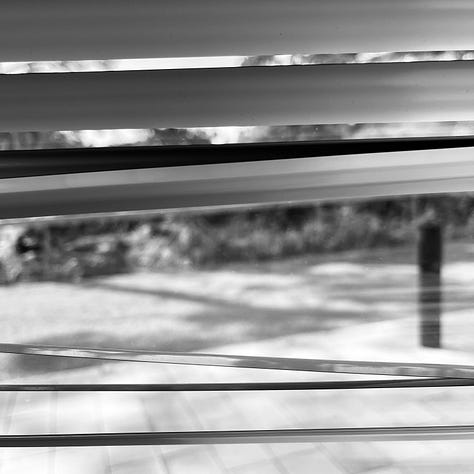
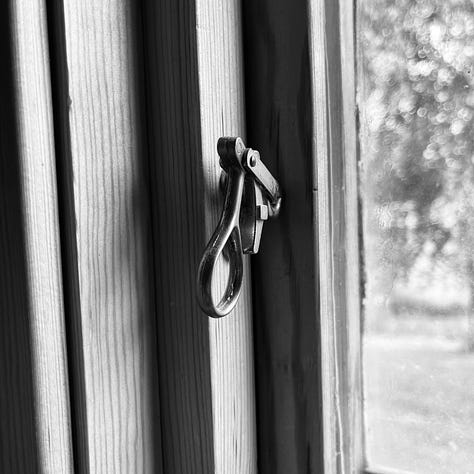
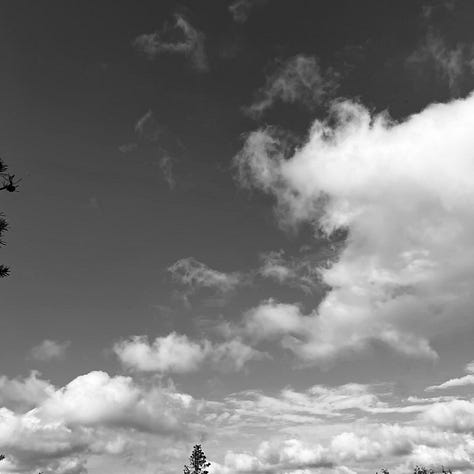
And this…
Sinéad O’Conner’s death was bloody awful news to hear last Thursday. Her songs in the late 1980s were the soundtrack to my late teens. Her shaved head, beautiful voice, and completely understandable anger at the shit show that was her home country of Ireland for so long made her a role model for myself and my peers.
Watching her in the documentary Nothing Compares made me gasp, cry, and want to scream in rage at how she was treated. There is no comparing her. She quietly and bravely maintained her strong stance for justice.
She could scream in her songs, yet whispered quietly in interviews, never backing down when an idiot in a suit with a puffed-up sense of self-importance asked her ridiculous questions. Watching this in action in the doco gave me a physical reaction in my body: burning rage. Rage at the injustice and hypocrisy in how she was treated when she stepped on stage at a Bob Dylan concert. Rage at the disgusting comedians who made a mockery of her values by mocking her (one even suggesting he’d slap her if he met her - thank goddess the world has changed a little since the 1990s). Rage at the sanctimonious media outlets and radio stations who refused to play her songs.
They wanted to silence her. Paint her ‘crazy’ as the world does when a woman yells and screams in rage.
She put words to the horrors that happened in Ireland at the hands of the Catholic Church. She held up a mirror to the world and the world wasn’t ready for that nightmare. She was so very, very right. Horrors around the world are continually being unearthed three decades after she wrote her songs condemning them and tearing up the Pope’s photo. She was right. She was right to condemn. She knew firsthand the brutality of the Church.
I haven’t read the obituaries. What I have read is the stream-of-consciousness outpouring by amazing and wonderful women who were equally moved and amazed by her. I don’t want to read her life reduced to three words by people who think they know everything. Particularly if it’s a man. And he uses the word ‘damaged’. Fuck you, to “damaged.” She had more courage than almost anyone I know. More courage than some dude writing an obituary, that’s for sure.
You will be missed, Sinéad. You changed my perspective of the world. Mine and thousands of others. We will always listen to your music. We will always be grateful for the path less travelled that you chose—over fame and money and bullshit. A path you made for other women to follow. Nothing Compares 2 U.





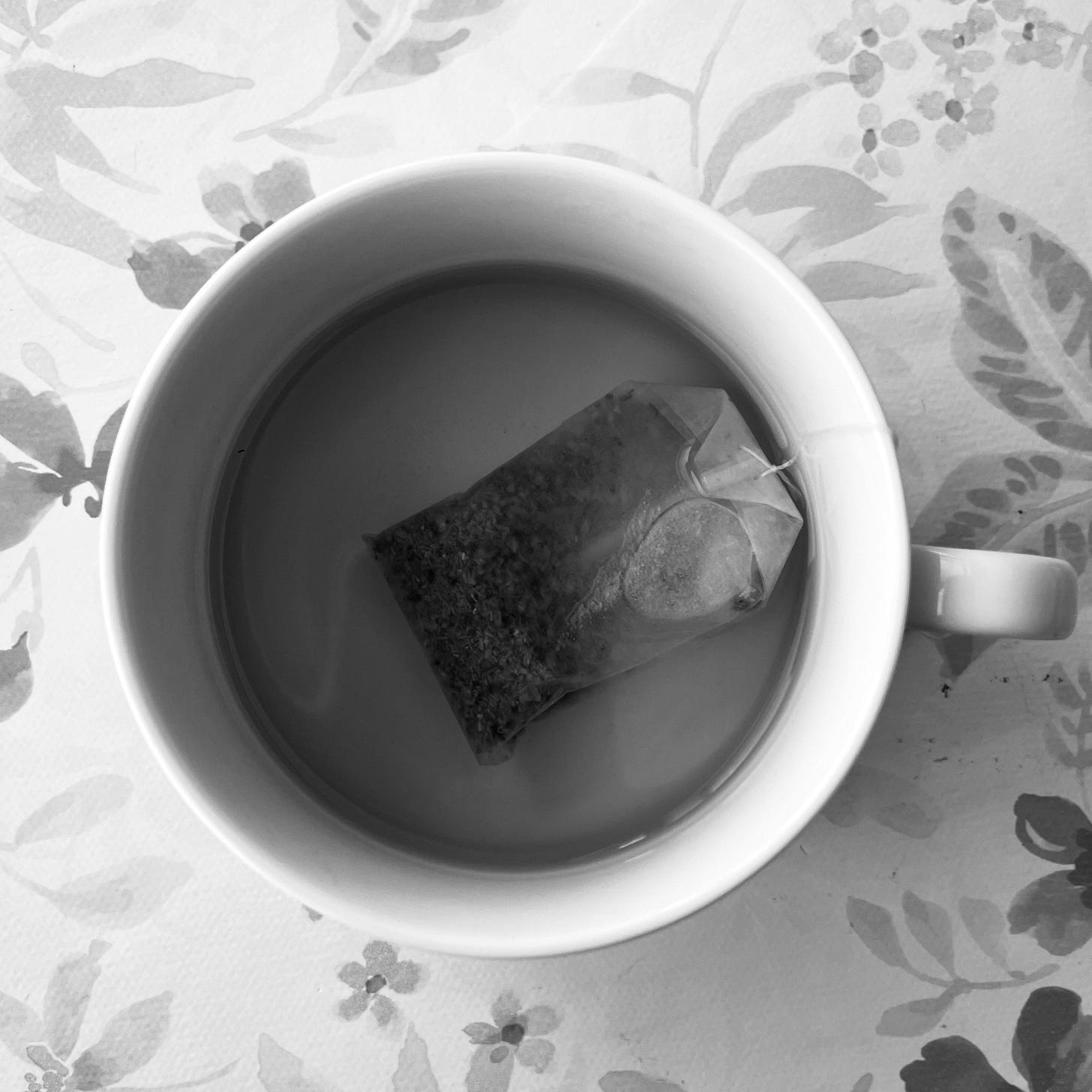
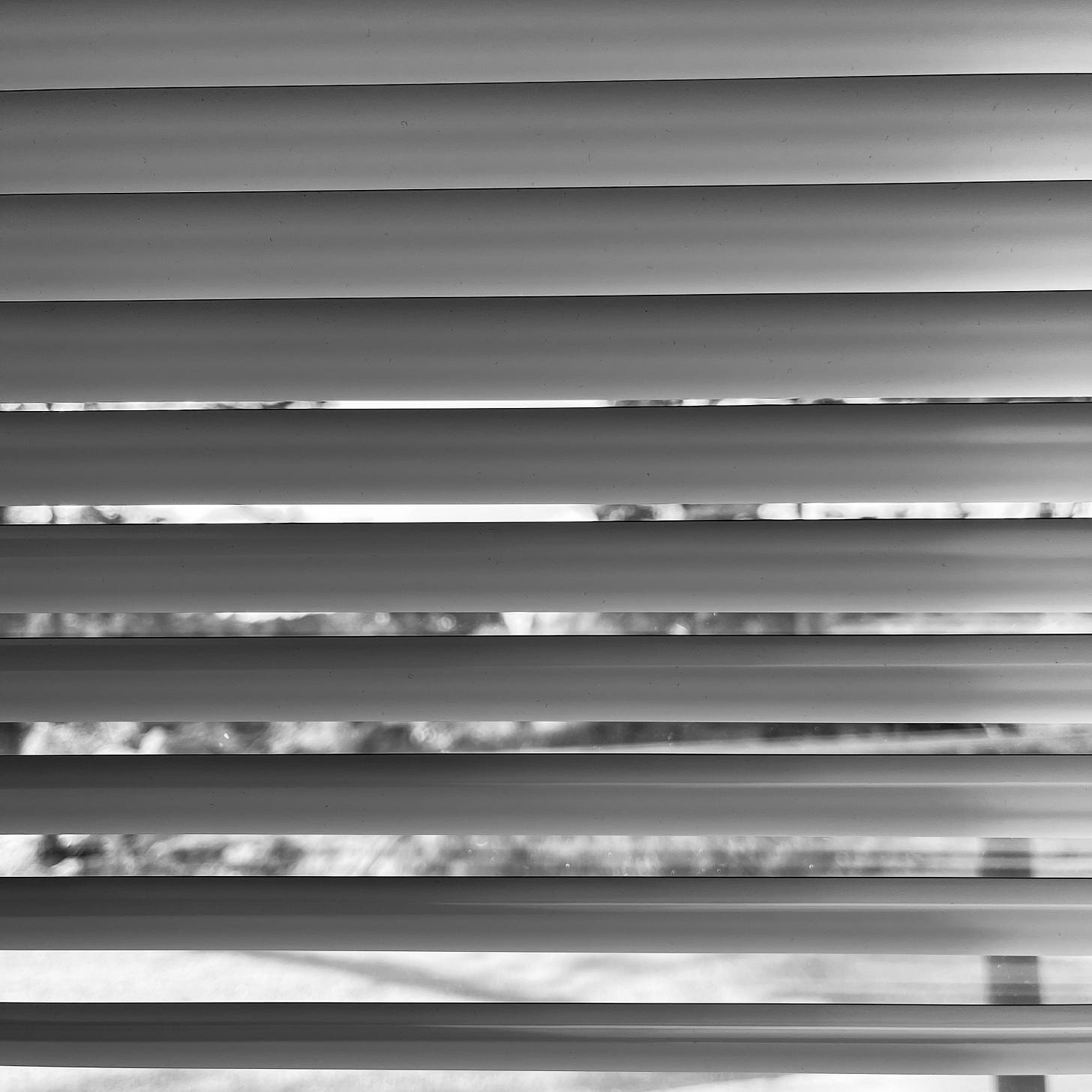




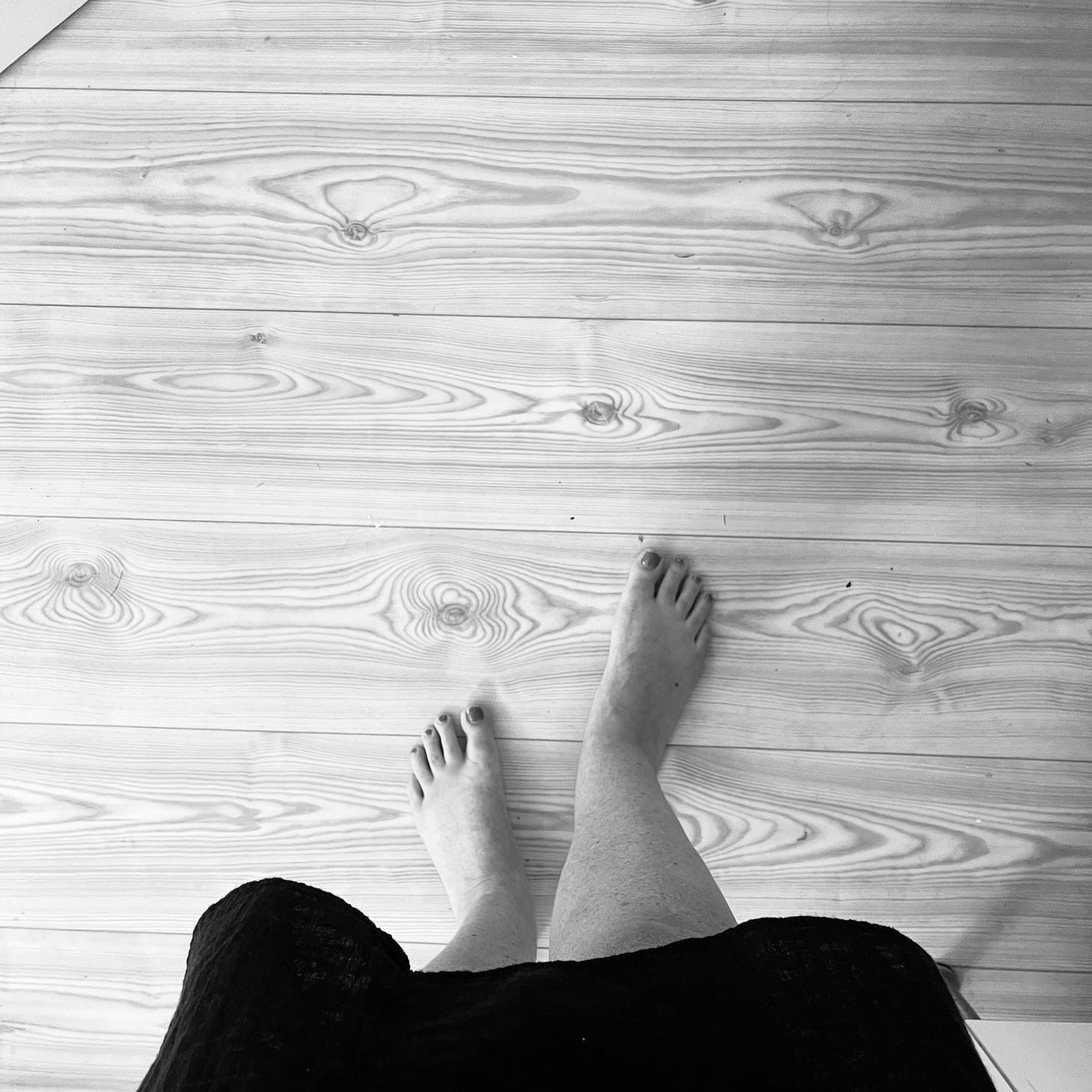
This essay and your accompanying photography really moved me today. I, too, can get overwhelmed by too much color, too many shapes, too much too much. The simplicity of tones is a balm to our over-worked nervous systems. I also enjoy closing my eyes. My ears have such a delightful relationship with the world but are second fiddle when my eyes are open. Shutting out sight, the world becomes part of me and I become part of it. Boundaries fade. A soft intimacy with life emerges.
Earlier this summer the public TV network here in the U.S. made available for streaming the Dylan 30th Anniversary Celebration concert you refer to. I was unfamiliar with this concert, and it was shocking to see the crowd turn on O’Connor. Who were these people? Did they not appreciate that these were musicians Dylan himself had selected to do his songs, or realize they were robbing the future of her performance?
Fortunately a rehearsal version was available to include on the remastered live album. Ironically the song is “I Believe in You,” and would have been the only overtly Christian song of the night.
This is one of Dylan’s loveliest slow songs, addressed to an unnamed “you.” The 2nd person voice in poems and song lyrics is often a source of mystery and ambiguity because of the different things “you” can mean: is it someone being addressed (God? a loved one?), or is it the singer themself, perhaps an earlier or inner self? I think a good way to think of O’Connor’s version is that all possibilities are there:
https://www.youtube.com/watch?v=2C7tAp5X6Zo
“I believe in you even though I be outnumbered / Oh, though the earth may shake me /
Oh, though my friends forsake me”
Complete lyrics here:
https://www.bobdylan.com/songs/i-believe-you